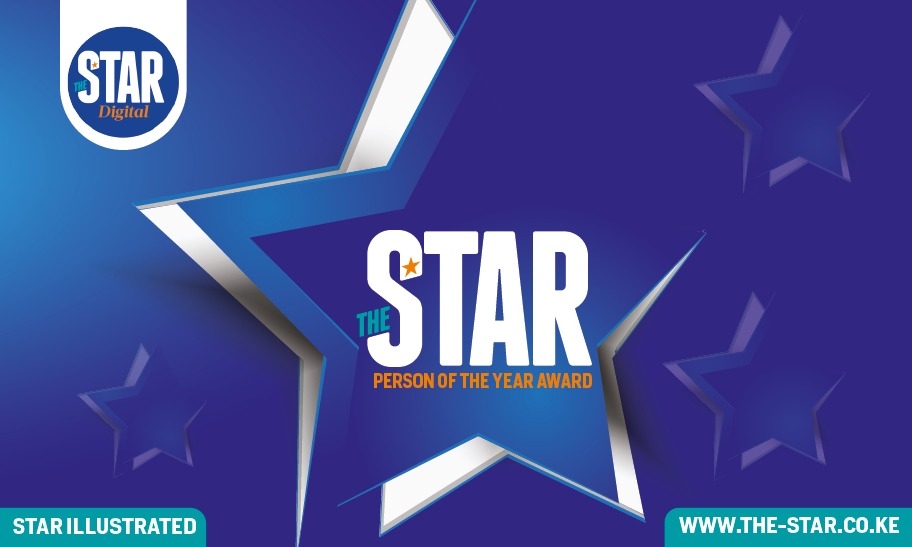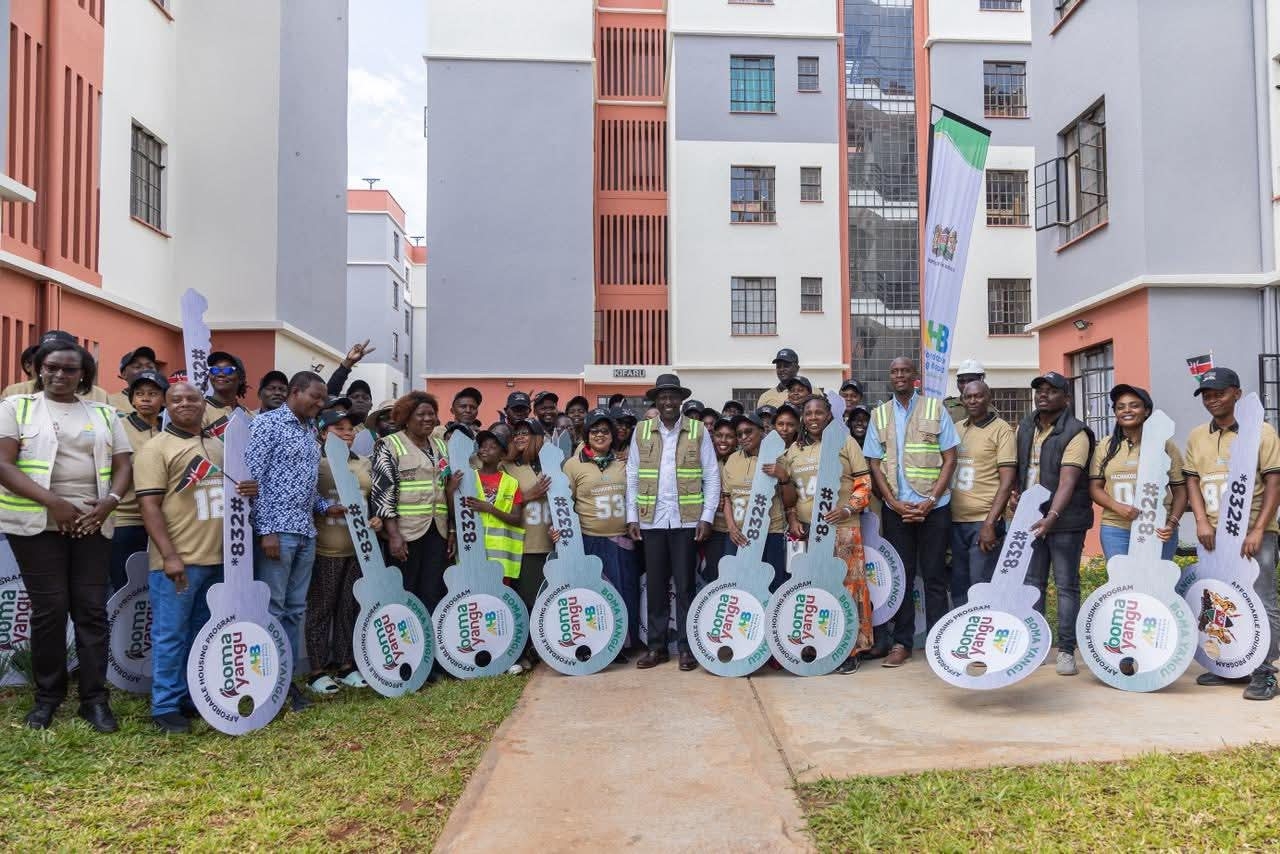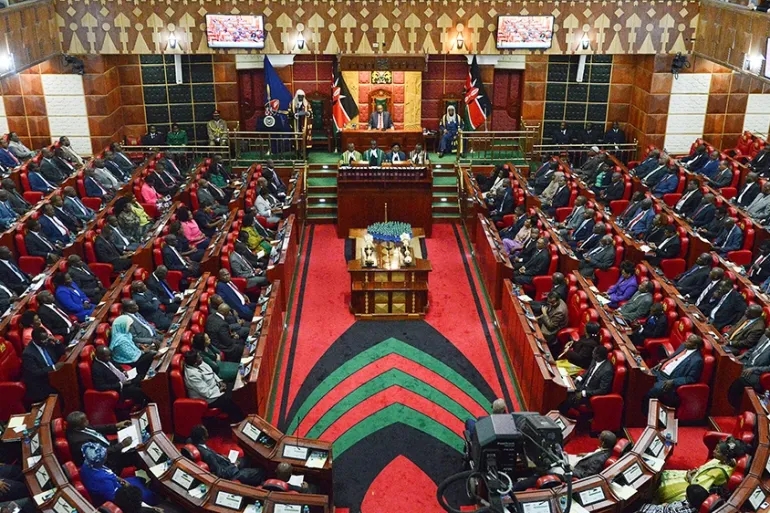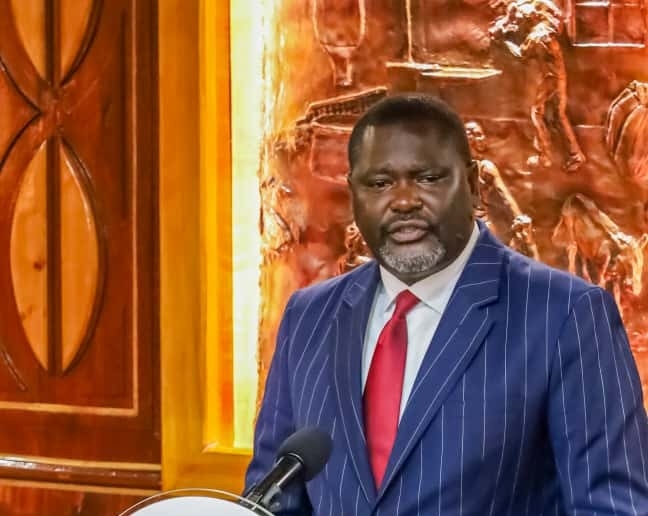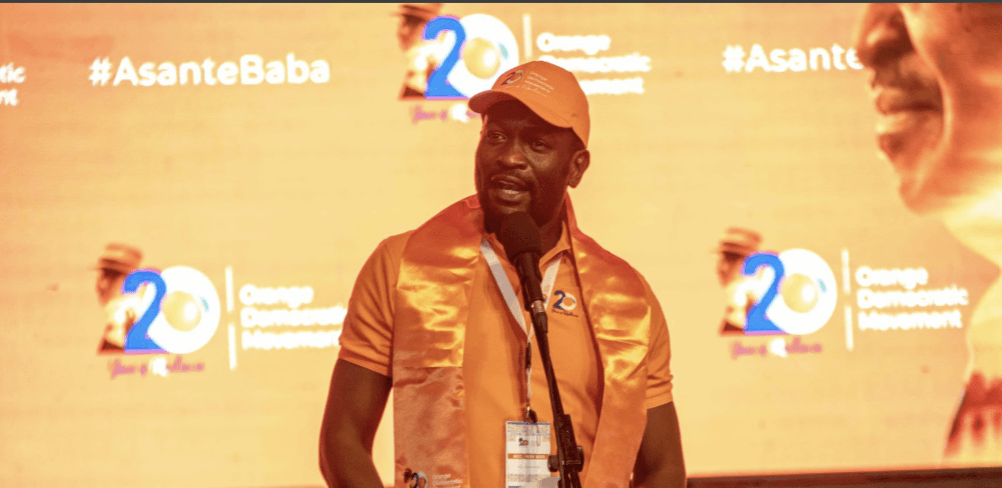Members of Ogiek Community have appealed to the state to ensure that a communal title is given to them as part of the implementation of African Court’s decision.
Ogiek People’s Development Programme Executive Director Daniel Kobei on Monday said the move will protect the parcel of land from unnecessary sale.
“We had proposed that the community land is given as per counties so that they can easily be managed,” Kobei said.
He said the community has proposed to have 10 community titles in areas where the community is found.
Kobei cited areas such as Eastern Mau, Narok North and South, Uasin Gishu county, Nandi, Koibatek, and Kipkelion.
He said the move will ensure once the court’s decision is implemented, the community will manage themselves well and avoid squabbles.
Our efforts to reach Forestry PS Gitonga Mugambi failed as he neither picked calls nor answered text messages.
Mugambi chairs the inter-ministerial committee that is implementing the court’s decisions.
The Ogiek community is among the indigenous minority ethnic group, alongside the Sengwer, Yaaku Waata, Sanya and Endorois.
They traditionally practiced hunting and gathering.
Forests provide food (honey), medicine and shelter, and preserve their culture.
Their estimated population with reference to the 2019 Kenya Population and Housing Census report is 52,000, and they mainly inhabit the Mau Forest Complex and the Mt Elgon Forest.
About 30,000 members of the community live in the Mau Forest Complex.
The rest live in the forested areas of Mount Elgon, at Chepkitale.
The community has been claiming the right to what they refer as their ancestral lands in the forested Mau escarpment recognised as their property.
To the community, every forest remains their home, and they have the right to live and practice their way of life there.
The state has however been adamant that they must leave the area saying they have destructive tendencies.
The eviction of the community has prompted them to pursue justice domestically and regionally at the human rights system of the African Union.
In November 2009, the Ogiek of the Mau Forest filed a complaint against the Government of Kenya at the African Commission on Human and Peoples’ Rights which was escalated to African Court on Human and People’s Rights in 2012.
On May 26, 2017, the African Court on Human and People’s Rights made a historic ruling after finding that the government had violated the right to life, property, natural resources, development, religion and culture of the Ogiek, under the African Charter on Human and Peoples’ Rights.
In the eight-year battle, the community through the Ogiek Peoples' Development Programme and Centre for Minority Rights Development, accused the government of violations of the right to life, property, natural resources, development, religion, culture and non-discrimination under the African Charter on Human and Peoples’ Rights.
On June 23, 2022, the court issued a reparation judgment in favour of the community, outlining in detail the steps that the state must take to compensate the Ogiek for the various human rights violations suffered.
The court did so in order for the state to recognise, respect, protect and consult the Ogiek in accordance with their traditions and customs, on all matters concerning development, conservation, or investment in their lands.
The court ordered the government to pay Sh57,850,000 for material prejudice for loss of property and natural resources.
Further, the court ordered the state to pay Sh100,000,000 for moral prejudice suffered by Ogiek due to violations of the right to non-discrimination, religion, culture and development.
Most of these orders are yet to be complied with despite the state committing to abide by the rule of law.
The community has also been seeking the help of the Ombudsman to push the government to honour the 2017 court ruling.
Kobei said they will do zoning once the land has been handed down to the community to ensure they continue protecting them while eking out a living.
“We need a member of the community to be at the inter-ministerial committee that is implementing the court’s decisions so that we can explain how we will manage the land,” he said.
Kobei said the community will be seeking audience with Environment CS Soipan Tuya, Lands CS Zacharia Njeru to try and hasten the implementation process.
He said the parties are expected to brief the court on the progress of implementation in September.



